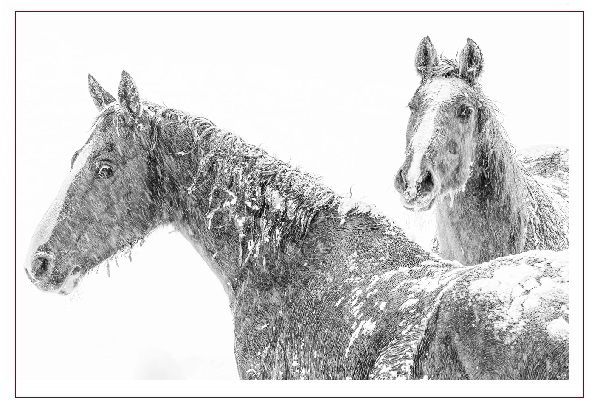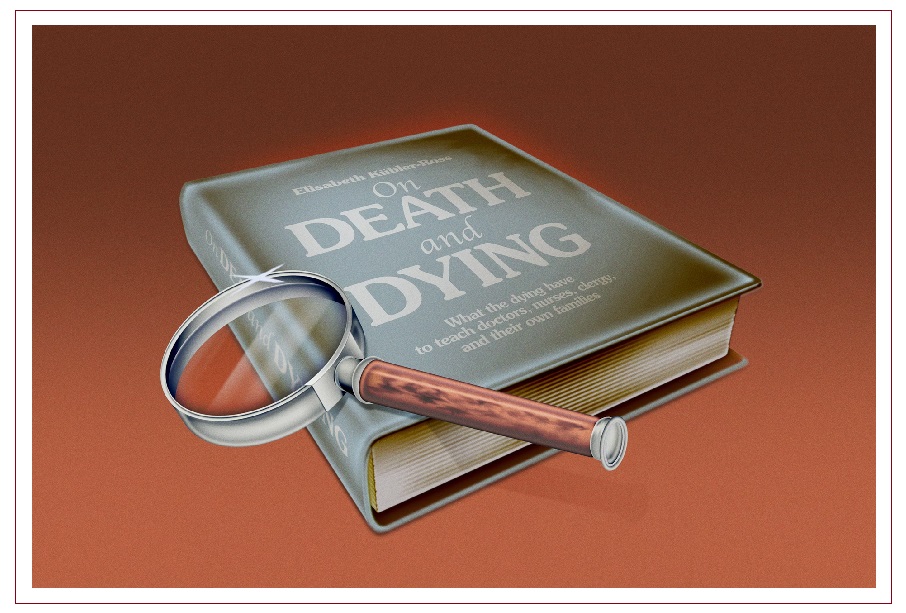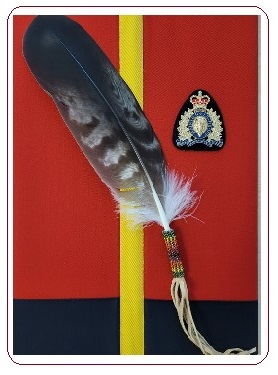True and Fascinating Canadian History

Vet of the Month: May, 2025
Dangers and Tragedies of the Early NWMP
RCMP Vets. Ottawa, ON

In early Canada, the North-West Mounted Police (NWMP) faced extraordinary dangers during their formative years beginning in 1873, and many young police officers paid the ultimate price in service to the developing nation. Established by Prime Minister Sir John A. Macdonald to maintain law and order in the newly acquired western territories, the NWMP was tasked with policing vast, unforgiving lands with minimal resources. The harsh realities of frontier policing in the late 19th century led to numerous tragic deaths among these pioneering lawmen.

Medical care was primitive, and access to doctors was extremely limited on the Canadian frontier. Outbreaks of typhoid fever at several NWMP posts claimed multiple lives. Before the March West even began, Reg.#o57, F. B. Marshall, Reg.#o176, Sub-Constable W. C. Brown, and Reg.#o309, Sub-Constable McIntosh all died of typhoid at Dufferin, Manitoba. Although they lie in unmarked graves, a commemorative monument was erected in their memory. Reg.#o364, Constable Godfrey Parks became one of the first casualties of the March West. After months of hardship, Parks contracted typhoid fever while traveling through the Sweet Grass Hills. He had been drinking contaminated water and was ill-equipped for the journey across the unforgiving prairie. He died two weeks later, shortly after "F" Division Troop reached Fort MacLeod.

The unforgiving Canadian wilderness claimed many NWMP lives as officers patrolled vast territories in all weather conditions. During the historic March West of 1874 and in subsequent years, officers faced extreme temperatures, with some succumbing to hypothermia during brutal winter patrols when temperatures frequently dropped below -40°C. One particularly tragic example occurred on December 25, 1874, when two police officers on annual leave, Reg.#o247, Constable Frank Baxter and Reg.#o228, Constable Thomas Wilson, were en route to Fort MacLeod from Fort Kipp when they were caught in a blizzard. Both men suffered severe frostbite and died as a result, their Christmas Day journey turning into a fatal struggle against nature's fury. Frank Baxter was only 19 years old.
The daily duties of policing the frontier carried inherent risks that claimed officers' lives in various ways. Many officers died from falls, kicks, or being thrown from horses. Reg.#o272, Constable Robert Sherlock Tute, was one such casualty. A Winnipeg Free Press item from January 13, 1875, reported that he fell from his horse and subsequently died from brain fever.

In March 1876, Reg.#o135, Sub-Constable John D. Nash was hauling logs with a team of horses for the construction of buildings at Fort MacLeod. Riding atop the load, Nash was about 10 kilometers from the Fort when, while descending a hill, the load spilled and he was fatally crushed by falling logs. Although Constable Nash had not yet completed the full three years required to qualify, a Land Warrant was nevertheless granted in his name and given to his mother in Halifax, Nova Scotia. John Nash was 27 years old.
Transportation accidents claimed the lives of officers both during and after their service. After leaving the NWMP in 1877, Reg.#o335, Sub-Constable John Boyd returned to Simcoe, Ontario, where he worked as an Assistant Railway Agent. He was killed in an accident by a train at the age of 26. Similarly, in 1879, Reg.#o74, Constable Wilmot German was struck and killed by a train while still serving with the Force.
While the NWMP generally maintained better relations with Indigenous peoples than their American counterparts, violence was still a reality. Manhunts for dangerous criminals sometimes ended in fatal shootouts. In 1879, Reg.#335, Constable Marmaduke Graburn was shot and murdered by a person or persons unknown while on duty near Fort Walsh, Northwest Territories. He was 19 years old. A monument to him stands in the RCMP National Memorial Cemetery in Beechwood Cemetery, Ottawa, Ontario.

River crossings proved especially treacherous for the Mounted Police, particularly during spring floods, and several police officers drowned while attempting to ford swollen waterways. In early 1877, Reg.#o409, Sub-Constable George Mahoney drowned when crossing the Red Deer River on patrol from Battleford to Fort Walsh, Northwest Territories. His body was never recovered, denying his family and colleagues the closure of a proper burial.
The Winnipeg Free Press of March 13th and 14th, 1878, contains a report of an unfortunate occurrence involving Reg.#o107, Constable Joseph Leondias Beaulieu. He was crossing the Red River on foot from Winnipeg to St. Boniface when he fell through the ice and drowned. According to a news item at the end of March, his body had not yet been recovered. Joseph Beaulieu was 28 years old.
Reg.#o181, Constable Claudius S. Hooley's story represents one of the most thoroughly documented drowning tragedies in early NWMP history. After failing to ford the Belly River the day before, teamster Sub-Constable Hooley urged his three companions — Inspector C. E. Denny and Constables Norman (Norrie) MacLeod and Alfred Stewart — to skip breakfast and attempt to get the team of horses and their wagon across the river so they could proceed on to Fort MacLeod. Halfway across the river, the horses were caught by the strong current and began to move downriver. As the wagon followed, Hooley's companions recognized the danger and jumped from the wagon and swam to shore. When the horses and wagon were hit with the full force of the current, the wagon began floating away. As his companions watched helplessly on shore, Hooley, a non-swimmer, frantically clung to the wagon as it overturned and dragged him and the team underwater. The overturned wagon and dead horses were found further down the river, but Constable Hooley's body was not recovered for over a month when it was found 12 miles downstream. He was buried with full honors at Union Cemetery at Fort MacLeod.

The sacrifice of these early NWMP officers laid the foundation for what would eventually become the Royal Canadian Mounted Police (RCMP). Their willingness to face these dangers helped establish Canadian sovereignty in the West and created the legendary reputation of steadfast service that continues today.
These tragedies also led to important improvements in police procedures and equipment. Following numerous drownings, the NWMP began implementing better safety measures for river crossings, including the construction of bridges at frequently traveled points. Medical protocols improved as well, with more emphasis placed on proper sanitation in NWMP posts to prevent typhoid outbreaks.
Today, the RCMP honors these early fallen officers through memorials, museums, and annual ceremonies that ensure their sacrifices are remembered by new generations of Canadians. The RCMP National Grave Discovery Database was created in 2001 to find, photograph, inspect and care for all RCMP graves and memorials. The dangers faced by these pioneering lawmen helped forge the RCMP's enduring values of courage, perseverance, and dedication to duty in even the most challenging circumstances.
This story is dedicated to the honour of the first police officers who ventured into the Canadian western frontier. The data for this narrative was gleaned from rcmpgraves.com. The photographs used in this piece were taken from Google.ca. The narrative structure, grammar, and readability were enhanced with assistance from AI language model (Anthropic's Claude).

Reporting from Fort Healy,
J. J. Healy
April 23rd, 2025







